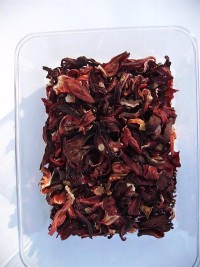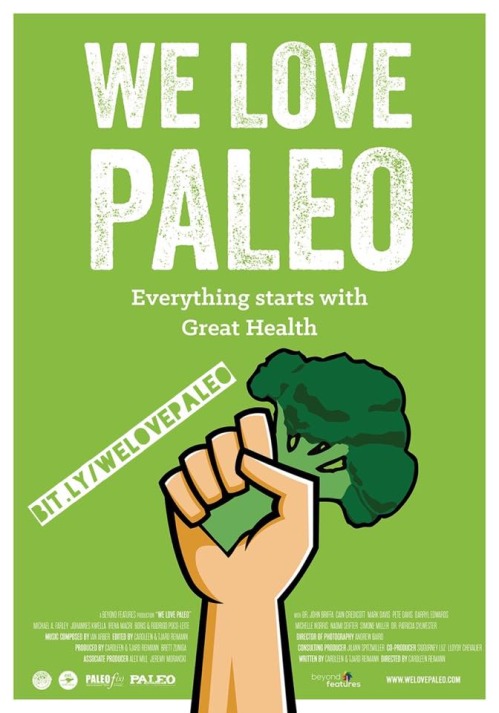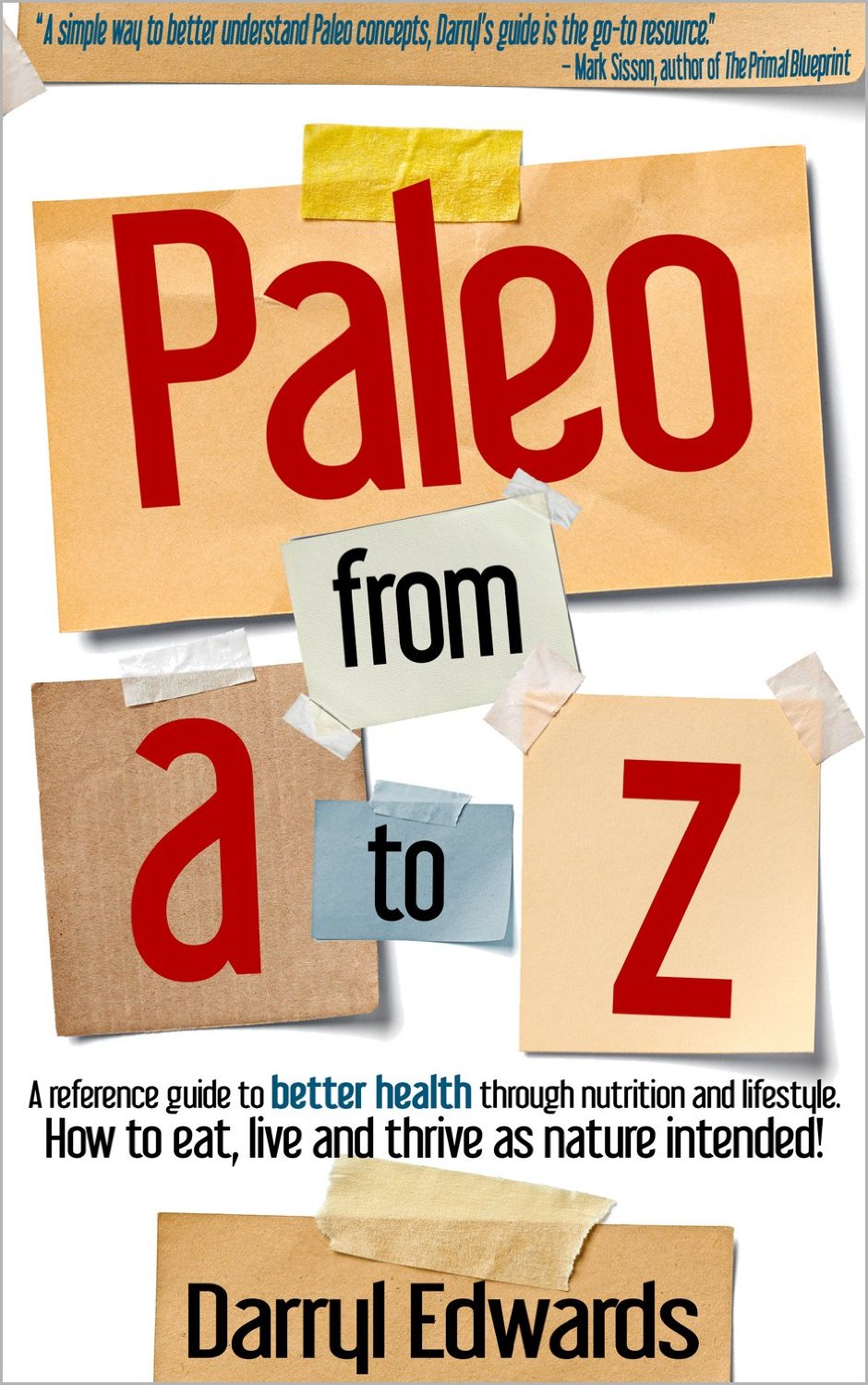Nutrition for Health: Sorrel Tea lowers blood pressure
 Monday, November 1, 2010 at 21:08 | by
Monday, November 1, 2010 at 21:08 | by  Darryl Edwards
Darryl Edwards Nutrition for Health: Sorrel Tea lowers blood pressure

I am currently in Egypt travelling in the Nubian region. Without doubt some very interesting sights and wonderful people in this Southern region of Egypt called Aswan.
Today I was introduced to a very popular drink served here known locally as Hisbiscus tea. It is deep red in colour and is based on a dried flower - served either hot or cold. The locals mention that this is 'good for the blood' as it allegedly lowers blood pressure. When speaking to a local botanist about this he pointed out that this drink was in fact Sorrel, not hibiscus. They are just similar looking flowers. Sorrel as a drink is popular not only in Egypt (as evidenced by all the market stalls stocking it), but also in Sudan, Senegal and other parts of Africa. It is also a drink popular in Jamaica and the Caribbean.
Sorrel was a drink I often had as a youngster. In a Jamaican household the explanation given was 'It's good for you!' Like many of the foods I was given as a child, (before 'superfoods' became a buzz-word) these were seen as normal and healthy foods - nothing special. But I suspect viewed as an antidote to some of the nutrient light food that we would often choose to consume given half the chance.
Back to the present - I enjoyed a few cups of Sorrel tea with my Nubian 'cousins' in a small village in Aswan. Probably been a good 20 years or so since I last drank Sorrel. It looks like a blackcurrant tea, slightly thicker and quite pleasant to taste. But more importantly is there any significance to the potential health benefits?
Well there is some research on this:
"Sorrel contains a wide range of vitamins and minerals including vitamin C, calcium, niacin, riboflavin and a group of compounds called FLAVONOIDS which not only give its deep red colour but are now being recognized as a powerful antioxidant which scavenges the body of free radicals that can cause deadly diseases if they are not removed from the body."[1]
Antioxidants can protect against free-radical induced diseases such as cancer, neurodegenerative disorders (e.g. Parkinson's) and premature ageing - so a wide range of these are important in a balanced diet.
There are also numerous studies on Sorrel's LDL (bad) cholesterol and triglyceride lowering properties, which offer protection against heart disease.[2]
I will be taking some Sorrel back to the UK,and look forward to drinking it more often.
Sources:
SORREL AS A NUTRACEUTICAL - HEALTH BENEFITS, The Scientific Research Council (Jamaica)[1]
Mexican Scientific Institute of Social Security[2]




















